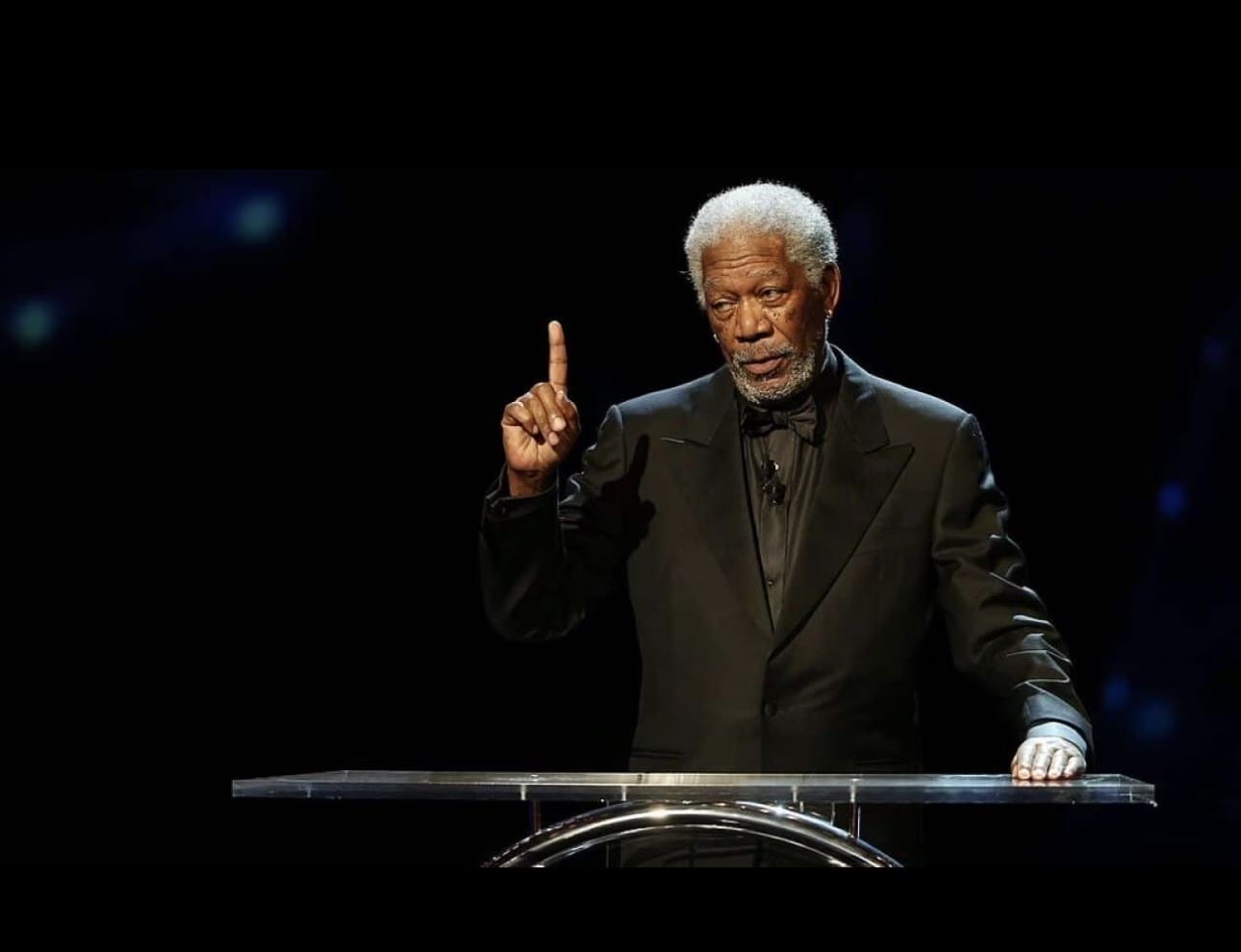Morgan Freeman Takes Legal Aim at AI Voice Clones

Screenshot
Legendary actor Morgan Freeman has publicly declared he is pursuing legal action against entities using artificial-intelligence tools to clone his signature voice without his permission.
His message is clear: “If you’re gonna do it without me, you’re robbing me.”
Key details
- Freeman told The Guardian that his legal team has been “very, very busy” dealing with the surge of unauthorised AI uses of his voice.
- He criticized AI-generated voice impersonations and synthetic actors, citing concerns about authenticity and compensation.
- While no detailed court filings or specific companies have been publicly identified as of now, multiple news outlets report the actor is moving ahead with litigation.
Why it matters
- Voice as intellectual property – Freeman’s baritone is closely tied to his identity and brand. Unauthorised AI clones raise questions about consent, likeness rights and revenue streams.
- Industry implications – As AI voice-cloning tools become more accessible, many actors and voice artists face potential loss of control over their voices and the business to monetize them.
- Legal & regulatory frontier – This case highlights an evolving battleground for rights of publicity, AI regulation and compensation frameworks in creative industries.
Context & broader landscape
- Freeman is not alone: other performers have publicly objected to AI-driven imitations of their voices or likenesses.
- In the entertainment world, there is increasing pushback against “synthetic performers” or AI-created voices that mimic real talent without authorization.
- The challenge lies in balancing innovation (e.g., AI tools, voice synthesis for accessibility) with protecting human creators’ rights and earnings.
What’s next
- Expect official filings: If Freeman’s legal team has moved to court, filings may appear that identify the companies or platforms involved.
- Industry response: Talent agencies, unions and actors may ramp up efforts to secure contracts that cover AI-use rights.
- Policy/regulatory development: Governments and regulators might pay closer attention to voice likeness laws, especially in the context of AI-generated impersonation.
In Freeman’s words
“I’m like any other actor: Don’t mimic me with falseness. I don’t appreciate it and I get paid for doing stuff like that, so if you’re gonna do it without me, you’re robbing me.”
Bottom line: Morgan Freeman is taking a stand against the unauthorised cloning of his voice via AI, signalling a broader fight over voice rights and AI use in the creative industries.

